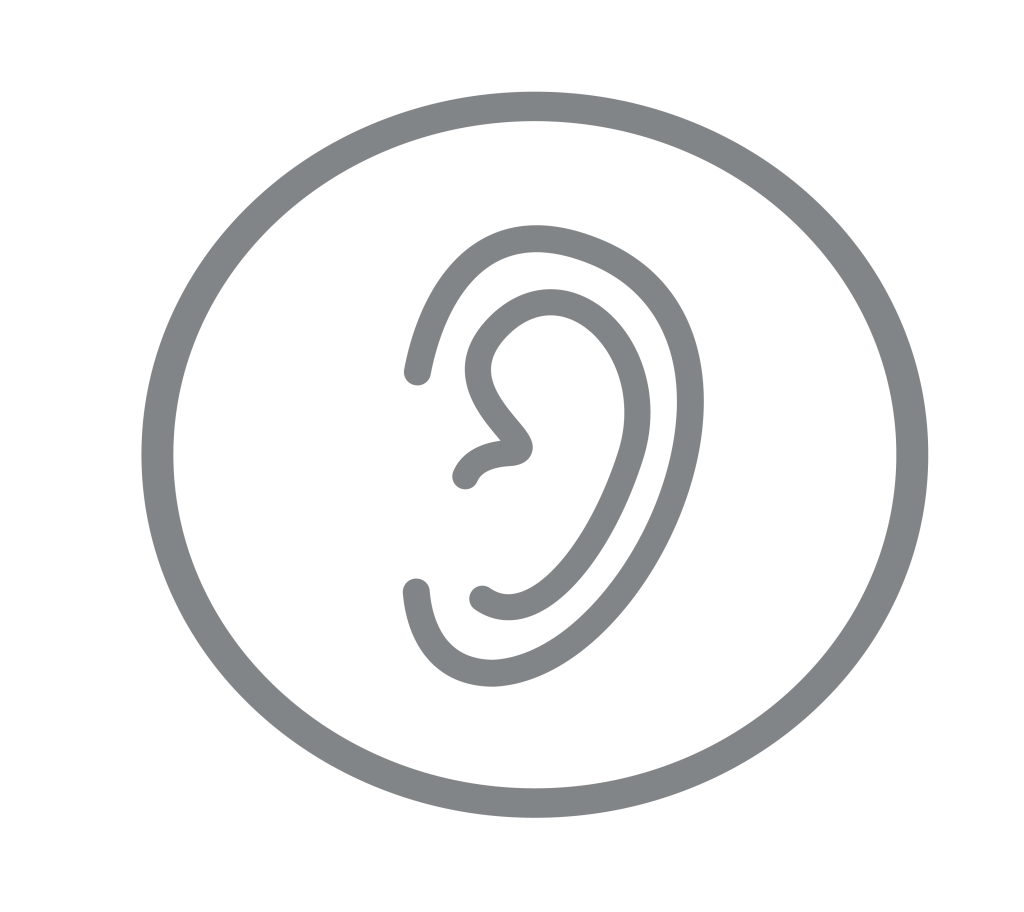Different areas of the brain control our five senses—taste, touch, vision, hearing, and smell. These senses are essential tools that we utilize in everyday life to navigate the world around us. Think about a time when you lost one of your senses temporarily—have you ever lost your taste or smell when you had a cold? For a person living with dementia, the ability to gather information through the senses can be impacted significantly as the brain experiences changes.

Hearing
Dementia can cause difficulty in processing certain sounds and words. When someone has difficulty with hearing in addition to the effects of dementia, this can cause additional confusion and anxiety. Keeping a calm and quiet environment with minimal background noise is optimal for reducing confusion.

Smell
Smell is often one of the first senses to be impacted by Alzheimer’s disease. The individual may experience confusion about what the smell is or may not be able to recognize a smell such as a burning object. Make sure to keep refrigerator/cupboards clear of outdated and spoiled food.

Vision
While there may be no physical abnormality of the eye, the ability of the brain to interpret images may become impaired. This can create confusion and lead to the inability to recognize familiar comforts, faces, and places. Use things like color contrast strips to help differentiate things like drawers, cabinets, and steps.

Taste
Our taste buds are also impacted by the loss of smell. This is particularly concerning because it can result in eating spoiled food and/or drinks. Check for expired/spoiled items like you would with changes in smell.

Touch
Touch is so important to our wellbeing, both being touched in a compassionate way and safely touching everyday objects/items. An individual may lose their sensations for hot and cold which can be potentially dangerous in everyday life. It’s important to safeguard their environment and consider safety measures such as color coding and warning labels.

